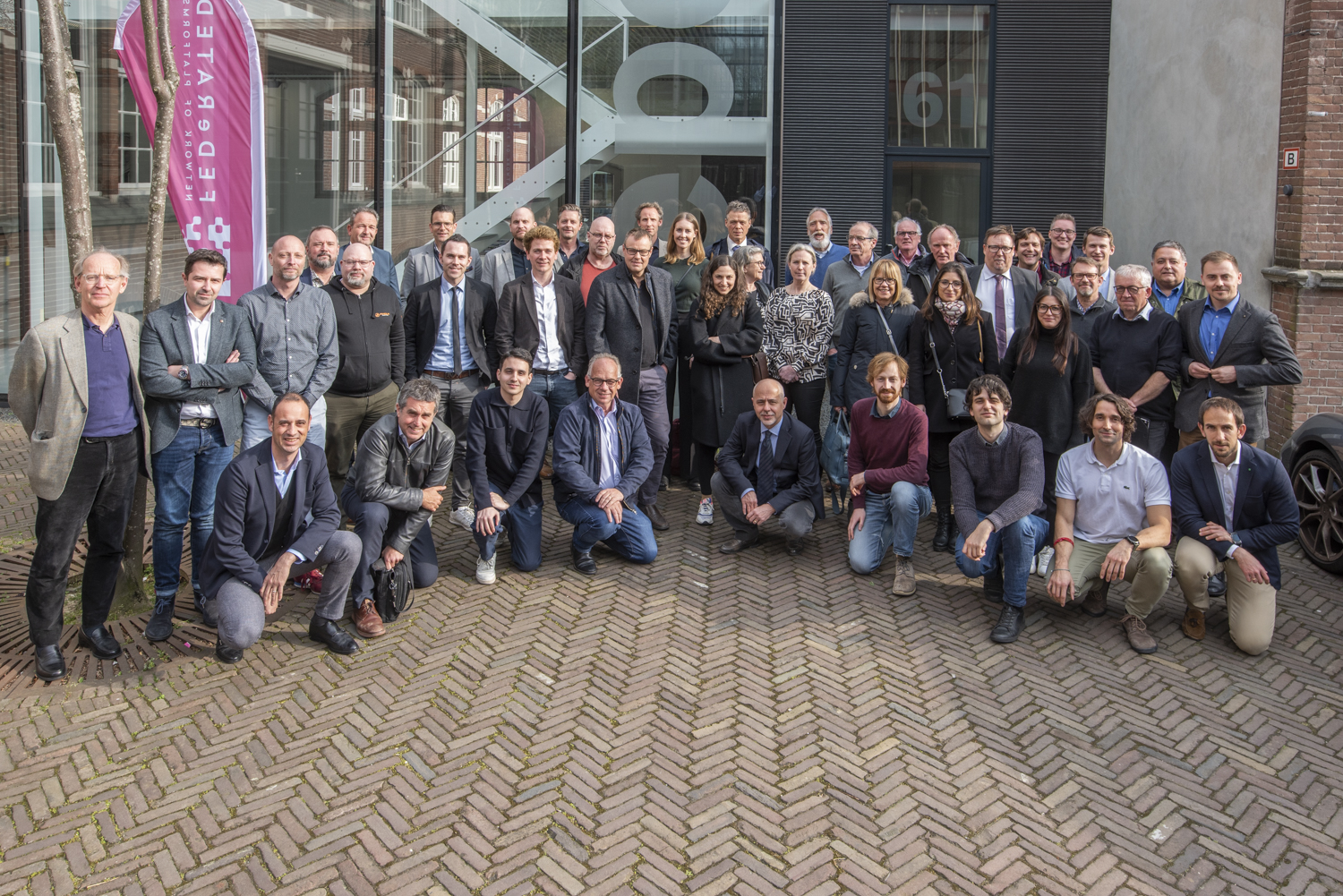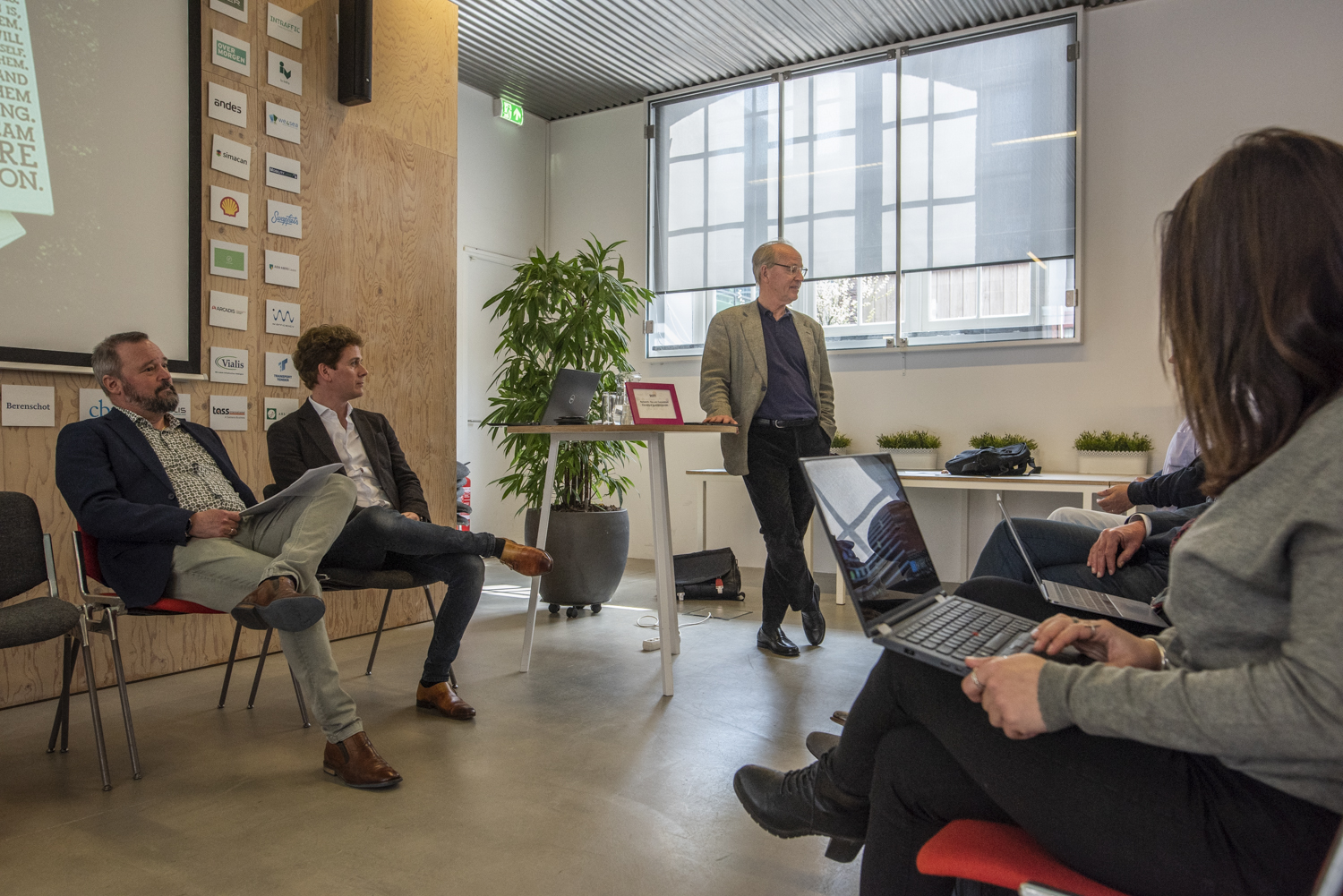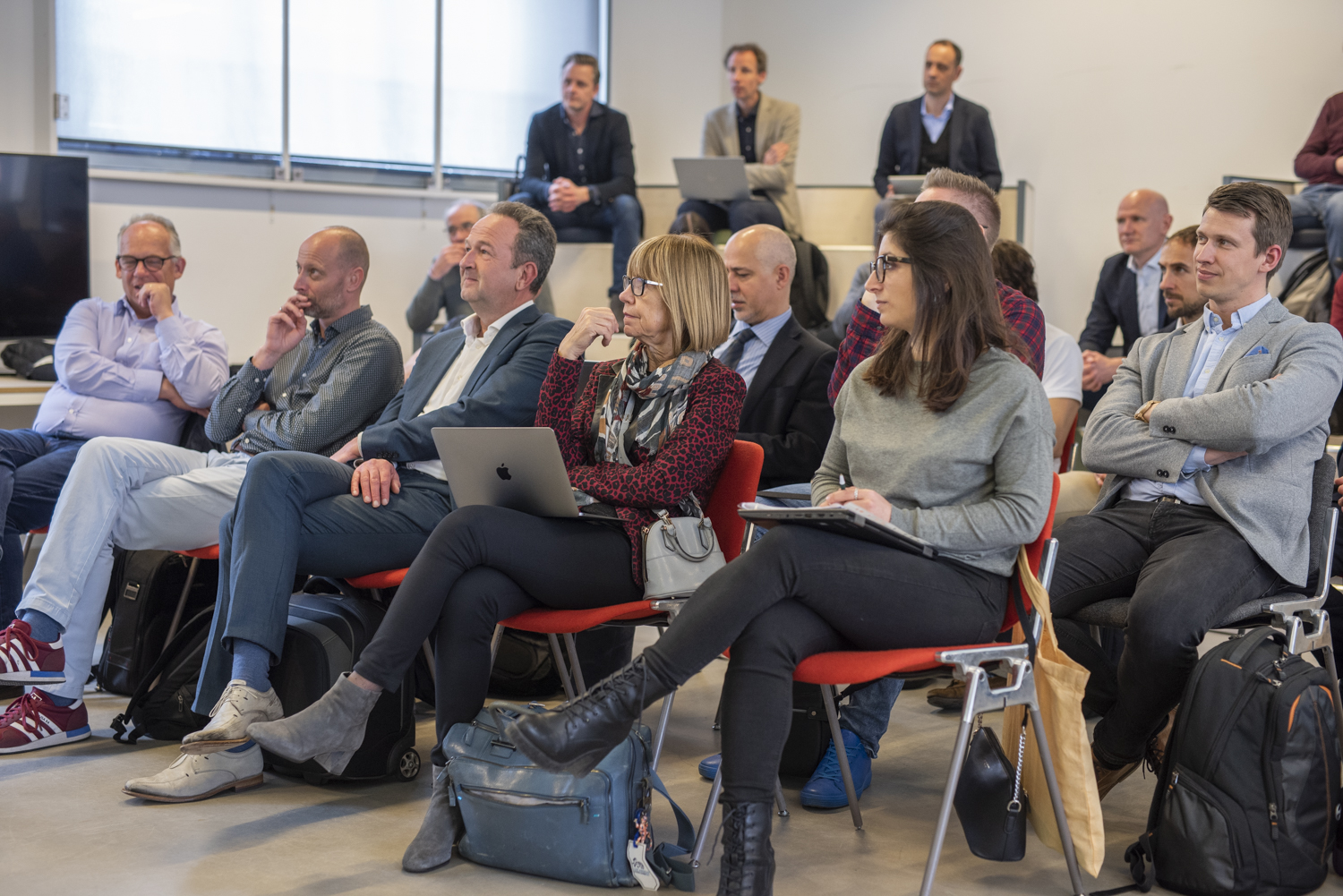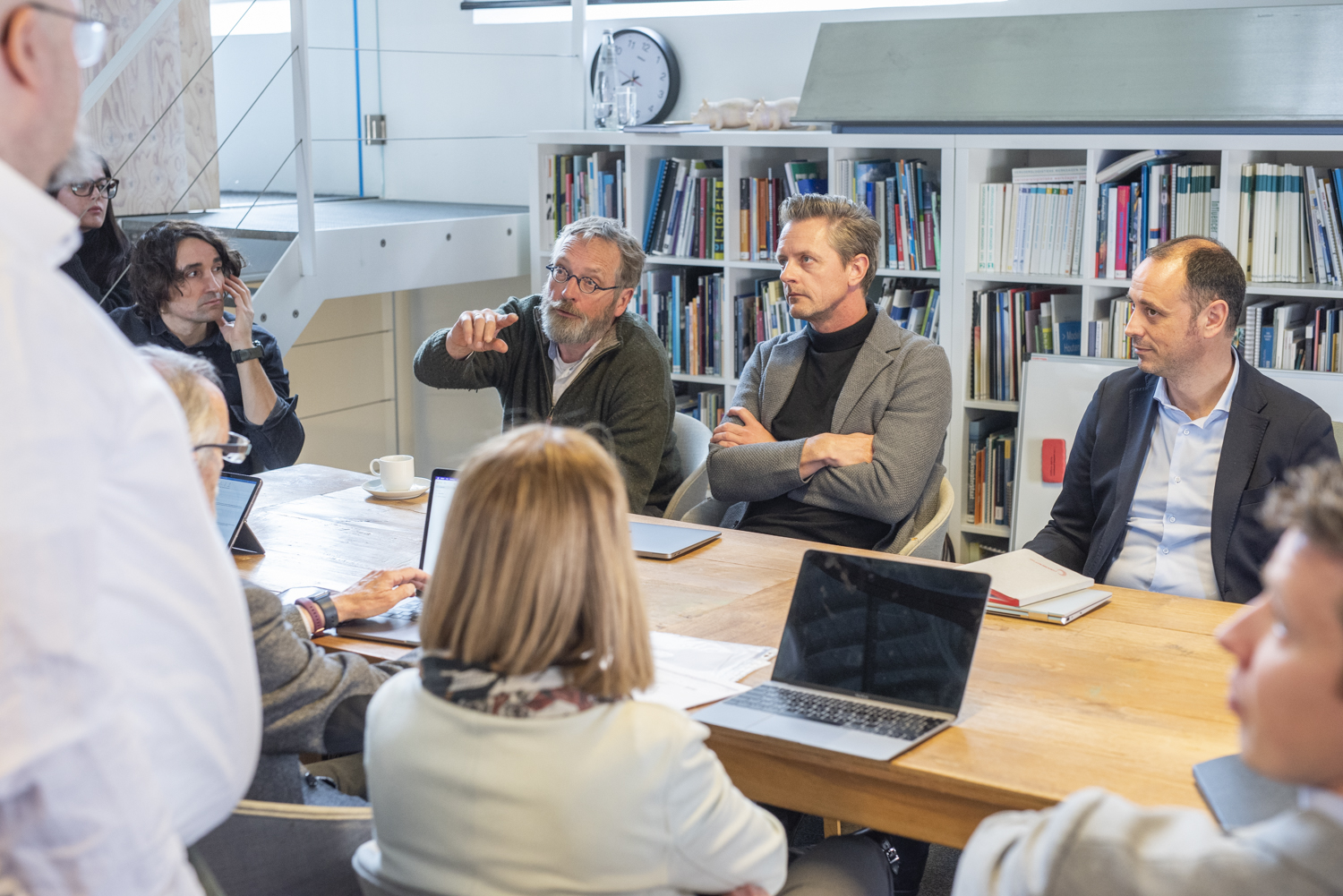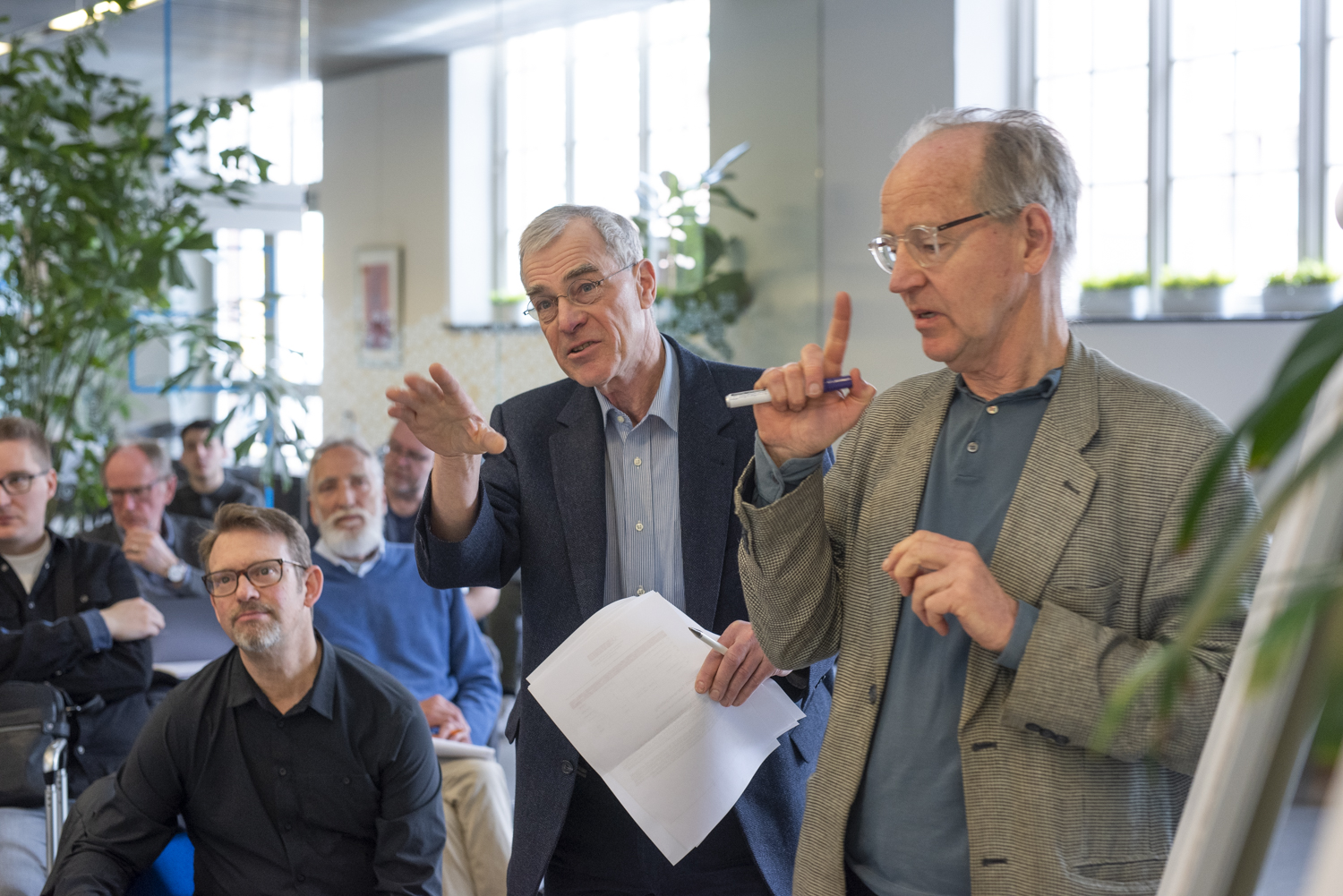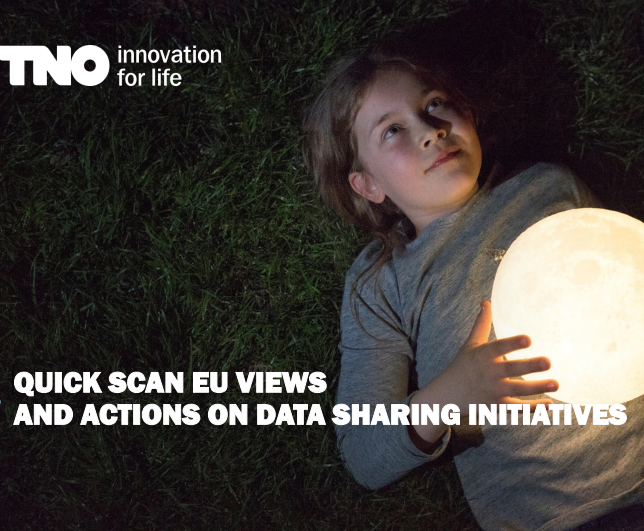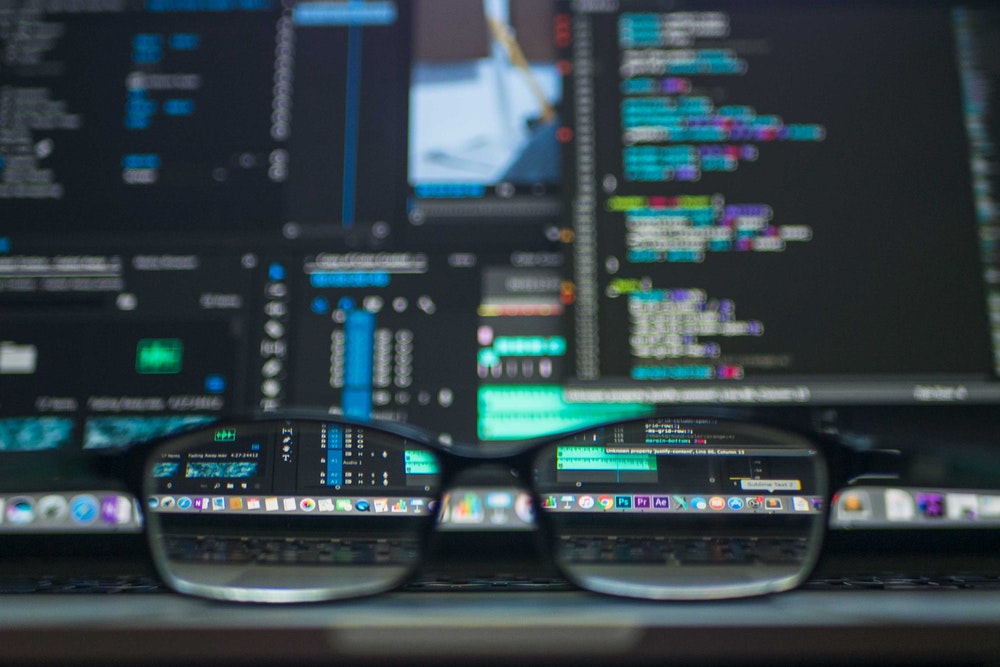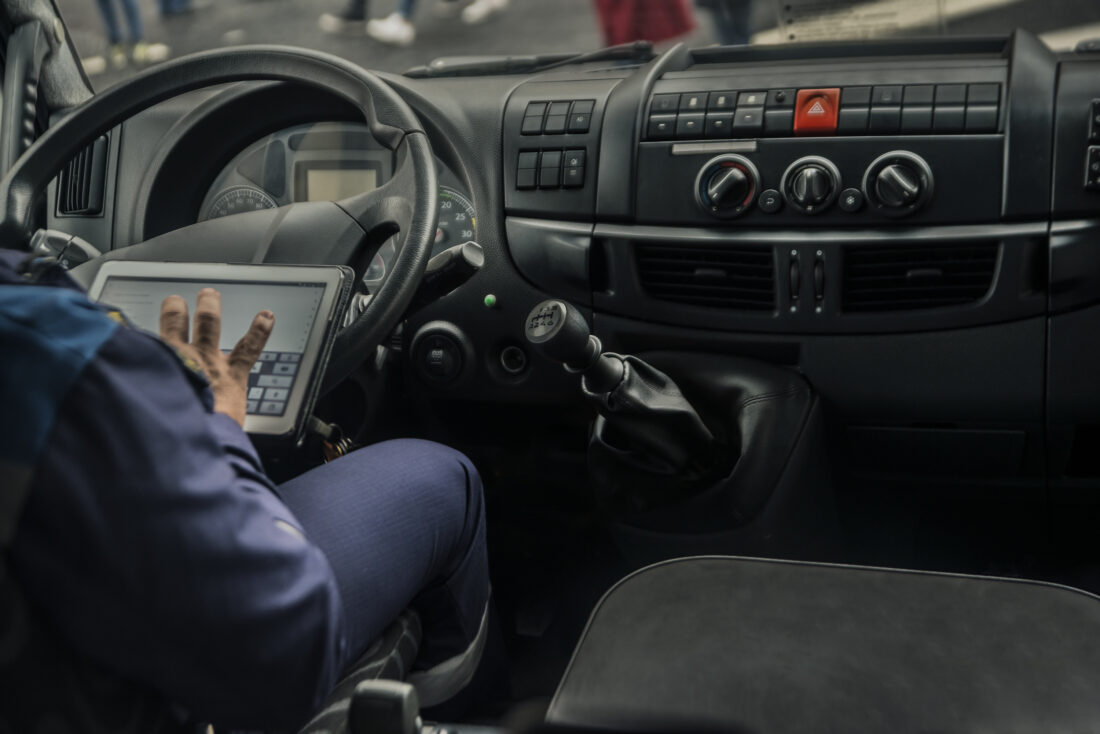— ENGLISH VERSION BELOW —
Op 29 en 30 maart hostte de Topsector Logistiek bij Connekt in Delft de Workshop The Soul of the Machine. De workshop werd georganiseerd in het kader van het EU FEDeRATED project. Doel van deze workshopdagen was om partners uit 6 EU-lidstaten en de International Air Transport Association (IATA) samen te brengen om van elkaar leren welke architectuur moet worden toegepast om effectief en veilig onderling data met elkaar te wisselen. Uiteindelijk moet dat leiden tot het implementeren van bruikbare decentrale data deelstructuren. Als uitvoering van het EU Data policy, moeten overheden en bedrijven gebruik kunnen maken van data beschikbaar in elkaars IT-systemen. Dit zorgt voor een betere en snellere samenwerking tussen partijen, wat een positief effect heeft op de handel en zorgt voor ook duurzame, slimme en robuuste mobiliteit.
We spraken met Roeland van Bockel (Ministerie van Infrastructuur en Waterstaat), die ook coördinator is van het FEDeRATED project dat loopt vanaf 2019. Eind 2023 moet het project op basis van concrete LivingLab resultaten laten zien hoe data toekomstbestendig tussen alle logistieke partijen kan worden gedeeld. En we spraken met de vertegenwoordigers van twee van de living labs, Grimaldi en Codognotto, om te kijken naar de doelen die zij hebben binnen hun Living Labs en hoe ze ver ze zijn in het bereiken daarvan.
Toegang geven, zonder eigenaarschap weg te geven
Momenteel zijn 23 FEDeRATED Living Labs van start gegaan. Van die LivingLabs en ook van een EU-zusterproject FENIX – waar ook Nederlandse bedrijven aan deelnemen – zijn op de workshop 52 deelnemers aanwezig. Binnen elk Lab werken deelnemers aan een betere samenwerking in de logistieke keten door te zorgen voor geharmoniseerde data-operabiliteit. In hun Living Labs werken ze aan het implementeren van bruikbare decentrale data deelstructuren. Projectcoördinator Roeland van Bockel: “Tijdens deze workshop zijn we voor het eerst in lange tijd weer fysiek bij elkaar. We willen er wel voor zorgen dat alle neuzen dezelfde kant op staan. Daarom nemen we in ieder geval de tijd om te kijken naar de vragen:
- Waar gaat het nou echt over in dit project en wat zijn onze doelen?
- What is the soul of the machine?: (Toegang geven tot data, zonder eigenaarschap weg te geven.)
- Wanneer hebben we onze doelen bereikt?”
Tijdens de workshop werden presentaties gegeven over semantiek (‘hoe zorg je dat alle partijen – ondanks de vele verschillende standaarden – dezelfde taal spreken’) en de architectuur (‘hoe richt je je IT zodanig in dat iedereen elkaar in de markt makkelijk en veilig kan vinden’). Minstens zo belangrijk was het, dat intensief gesproken werd over concrete cases en over hoe tussen landen en bedrijven kan worden samengewerkt. Vervolgens kunnen deelnemers eruit halen wat daarvan toepasbaar is in hun eigen land.
Grimaldi Group en het Hermes Living Lab
Bij Grimaldi Group hebben ze zich gericht op de ontwikkeling van het Hermes Living Lab. Het bedrijf creëerde het lab om gegevens te delen tussen hun kantoor, schepen en haar klanten. Om dit mogelijk te maken, hebben ze alle verschillende apparatuur gekoppeld, bijvoorbeeld het AIS (Automatic Identification System), de ECDIS (Electronic Chart Display and Information Systems) maar ook de gegevens van alle sensoren die zich in de motorcontrolekamer aan boord van een schip bevinden. Grimaldi Group besloot deze informatie te delen om haar klanten een betere service te kunnen bieden. Cosimo Cervicato, vertegenwoordiger van het Grimaldi Group Living Lab: “Ons idee is nu om een platform te creëren waarmee wij, maar ook onze klanten, een bepaalde zending kunnen volgen. Dat betekent exacte informatie over zaken als het vertrek van het schip, de zeilsnelheid en de geschatte aankomsttijd.”
Iets anders wat Grimaldi Group doet, is samenwerken met het Marine Traffic-portaal. Dit is een portaal dat de posities van schepen van alle scheepseigenaren toont. Het portaal kan via het AIS-systeem de positie van een schip aangeven, maar met een limiet van 12 mijl uit de kust. Als het schip zich midden op de oceaan bevindt, kun je de locatie van het schip dus niet via Marine Traffic bepalen. Het bedrijf besloot de AIS-info van hun schepen in Marine traffic te zetten en op deze manier kunnen ze de locatie van het schip doorgeven, zelfs als het zich midden op de oceaan bevindt. Cosimo: “Op deze manier kunnen we de leemtes voor onze klanten opvullen”.
Tegelijkertijd haalt Grimaldi Group de informatie over de scheepspositie uit het Marine Traffic-portaal voor schepen waar de Hermes niet is geïnstalleerd. Ze kunnen het systeem namelijk ook installeren in schepen die niet hun eigendom zijn. Aangezien het portaal de meeste informatie over andere schepen bevat, hebben ze dit gedaan door gebruik te maken van het VDM NMEA sentences principe voor het delen van gegevens: ik geef jou mijn gegevens en jij geeft mij die van jou. Het Grimaldi Group Living Lab deed dit via de API JASON-architectuur, die aansluit bij het leidende principe van het federatieve project.
In de toekomst zal Grimaldi Group, buiten de scope van dit project, zijn living lab ook koppelen aan de haveninfrastructuursoftware van haar terminals. Op deze manier kunnen klanten niet alleen informeren over de snelheid en locatie van het schip en de geschatte aankomsttijd, maar ook over de vervoerde goederen en de containers. Informatie over waar het schip zich bevindt en waar de goederen zijn, komt zo op één platform beschikbaar.
Codognotto D4YOU Living Lab
Codognotto (Italia S.p.A.) heeft goed ingespeeld op de behoefte aan digitalisering binnen de transport- en logistieke sector en kan hierdoor innovatief reageren op de nieuwste ontwikkelingen in de sector. Het bedrijf heeft steeds meer geïnvesteerd in nieuwe ICT-systemen en -technologieën, wat ertoe heeft geleid dat het een van de meest innovatieve logistieke bedrijven is in de Europese Unie.
In de loop der jaren, en voor hun deelname aan het FEDeRATED-project, heeft Codognotto een afdeling ICT en Processen opgericht, die strategieën en technologieën heeft ontwikkeld om zowel de interne als externe activiteiten te verbeteren. Deze verbeterslagen werden stap voor stap uitgevoerd en in 2019 was de belangrijkste uitdaging het standaardiseren van de verschillende stukjes van de Codognotto ICT-puzzel. De deelname aan het FEDeRATED-project en aan het Digital Transport and Logistics Forum (DTLF) hielp de impact van de eerder bedachte digitaliseringsstrategieën te vergroten en zorgde voor de gewenste basis op het gebied van architectuur, semantiek en leidende principes. Hierdoor is het mogelijk om processen te herstructureren en Codognotto-activiteiten te optimaliseren. Met de creatie en implementatie van een gouden record datalake, dat wordt ontwikkeld binnen FEDeRATED Living Lab #16: D4YOU, wordt aan dit herstructureren optimaliseren gewerkt.
In het FEDeRATED Living Lab ligt de focus nu op het creëren van een automatische data deelstructuur tussen de verschillende schakels in de supply chain. Het belangrijkste doel is om de interne processen efficiënter te maken en de kwaliteit van de communicatie met de betrokken externe schakels te verbeteren (synchromodaliteit tussen klanten en leveranciers). Dit zal worden bereikt met nieuwe tools, goed gedefinieerde processen en gegevens die kunnen worden gebruikt om de markt verder te bestuderen. Volgens Alessandro Perozzo, hoofd van de ICT-afdeling van Codognotto, “wordt door deze ontwikkeling een groot aantal andere activiteiten geoptimaliseerd, zoals e-CMR en synchromodaliteit en wordt gezorgd voor een interface met andere platforms en track & trace-activiteiten. E-CMR wordt momenteel geïmplementeerd binnen het door de EU gefinancierde FENIX-project.”
De digitale stappen die Codognotto heeft genomen, zouden niet mogelijk zijn zonder de input van het FEDeRATED-project. Standaardisatie is het sleutelwoord binnen het project en het belangrijkste gespreksonderwerp aan de werktafels van het DTLF.
Meer weten?
Wilt u meer weten over FEDeRATED en de verschillende Living Labs? Ga dan naar http://www.federatedplatforms.eu/.
— ENGLISH VERSION —
On March 29 and 30, the Topsector Logistiek hosted the Workshop The Soul of the Machine at Connekt in Delft. The workshop was organized within the framework of the EU FEDeRATED project. The aim of these workshop days was to bring together partners from 6 EU Member States and the International Air Transport Association (IATA) to learn from each other which architecture should be applied to exchange data effectively and securely. Ultimately, this should lead to the implementation of useful decentralized data substructures. As an implementation of the EU Data policy, governments and companies must be able to use data that’s available in each other’s IT systems. This ensures better and faster cooperation between parties, which has a positive effect on trade and boosts sustainable, smart and robust mobility.
We spoke with Roeland van Bockel (Ministry of Infrastructure and Water Management), who is also coordinator of the FEDeRATED project that started in 2019. By the end of 2023, the project must show, based on concrete LivingLab results, how data can be shared between all logistics parties in a future-proof manner. And we spoke to the representatives of two of the living labs, Grimaldi and Codognotto, to see what goals they have within their Living Labs and how far they are in achieving them.
Giving access, without giving away ownership
Currently, 23 FEDeRATED Living Labs have started. During the workshop, 52 participants from the LivingLabs and from EU sister project FENIX, which inlcudes Dutch participating companies, are present at the workshop. Within each Lab, participants work towards better collaboration in the logistics chain, by ensuring harmonized data operability. In their Living Labs they work on implementing useful decentralized data substructures. Project coordinator Roeland van Bockel: “During this workshop we are physically together again for the first time in a long time. We want to make sure that everyone is on the same page. That is why we at least take the time to look at the questions:
- What is this project really about and what are our goals?
- What is the soul of the machine?: (Giving access to data, without giving away ownership.)
- When have we achieved our goals?”
During the workshop, presentations were given on semantics (‘how do you ensure that all parties speak the same language, despite the many different standards’) and architecture (‘how do you set up your IT in such a way that everyone in the market can easily and safely find each other’). Lastly, it was just as important that there was intensive discussion about concrete cases and about how countries and companies can work together. Participants can then extract what is applicable in their own country.
Grimaldi Group and its Hermes Living Lab
At Grimaldi Group, they have focused on developing the Hermes Living Lab. The company created the lab in order to share data between ships, their office and its customers. To make this possible, they interfaced all different equipment, such as the AIS (Automatic Identification System), the ECDIS (Electronic Chart Display and Information Systems) but also data from all sensors that are in the engine control room aboard a ship. Grimaldi Group decided to share this information in order to provide a better service for its customers. Cosimo Cervicato, representative of the Grimaldi Group Living Lab: “Our idea now is to create a platform that we, but also our customers, can use to track their shipment. This means exact information on matters such as the departure of the ship, speed of sail and the estimated time of arrival.”
Another thing Grimaldi Group did is collaborating with the Marine Traffic portal. This is a portal that shows the positions of ships from all ship owners. The portal can provide the position of a ship through the AIS system, but with a limit of 12 miles from the coast. Therefore, if the ship is in the middle of the ocean, you cannot tell the location of the ship through Marine Traffic. The company decided to put the AIS info from their ships into Marine traffic and in this way, they can provide the location of the ship, even if it is in the middle of the ocean. Cosimo: “In this way, we can fill in the gaps for our customers”.
At the same time, Grimaldi Group takes the ship position information from the Marine Traffic portal for ships where the Hermes is not installed, because they can install the system in ships that are not their property. Considering the portal has the most information about other ships, they did this by using the VDM NMEA sentences data sharing principle: I give you my data and you give me your data. The Grimaldi Group Living Lab did this through the API JASON architecture, which is in line with the leading principle of the federated project.
In the future, not within the scope of this project, Grimaldi Group will interface its living lab to the port infrastructure software of its terminals as well. In this way they not only give info about the ship speed and location and estimated time of arrival, but also about the goods transported and the containers. Information about where the ship is and where the goods are, will be available in one platform.
Codognotto D4YOU Living Lab
Codognotto Italia S.p.A. has responded well to the needs for digitalisation within the transport and logistics sector, responding “smartly” to the latest industry’s developments. The company has increasingly invested in new ICT systems and technologies, which led them to become one of the most innovative logistics companies in the European Union.
Over the years, and before participating in the FEDeRATED project, Codognotto established an ICT and processes department, which has developed strategies and technologies aimed at improving operations both internally and externally. These activities were carried out step by step and back in 2019, the main challenge was to standardize the various pieces of the Codognotto ICT puzzle. The participation in the FEDeRATED project and in the Digital Transport and Logistics Forum (DTLF) helped to increase the impact of the digitization strategies and provided the desired basis in terms of architecture, semantics and leading principles to follow. This allows to restructure processes and optimize Codognotto operations with the creation and implementation of a golden record data lake developed within FEDeRATED Living Lab #16: D4YOU.
In the FEDeRATED Living Lab, the focus is now on creating an automatic data sharing structure among the actors in the supply chain. The main goal is to make the internal processes more efficient and improve the quality of communication with the external actors involved (synchromodality between clients and suppliers). This will be achieved with new tools, well-defined processes and data that can be used to further study the market. According to Alessandro Perozzo, Head of Codognotto ICT department, “this development will optimise a large number of other activities, such as e-CMR and synchromodality, interfacing with other platforms and track & trace activities. The implementation of the e-CMR is currently under implementation within the EU funded FENIX project.”
These digital steps that Codognotto has taken would not be possible without the input provided by the FEDeRATED project. In fact, standardization is the key word within the project and the main topic of discussion at the working tables of the DTLF.
Want to know more?
Would you like to know more about FEDeRATED and the different Living Labs? Go to http://www.federatedplatforms.eu/.
